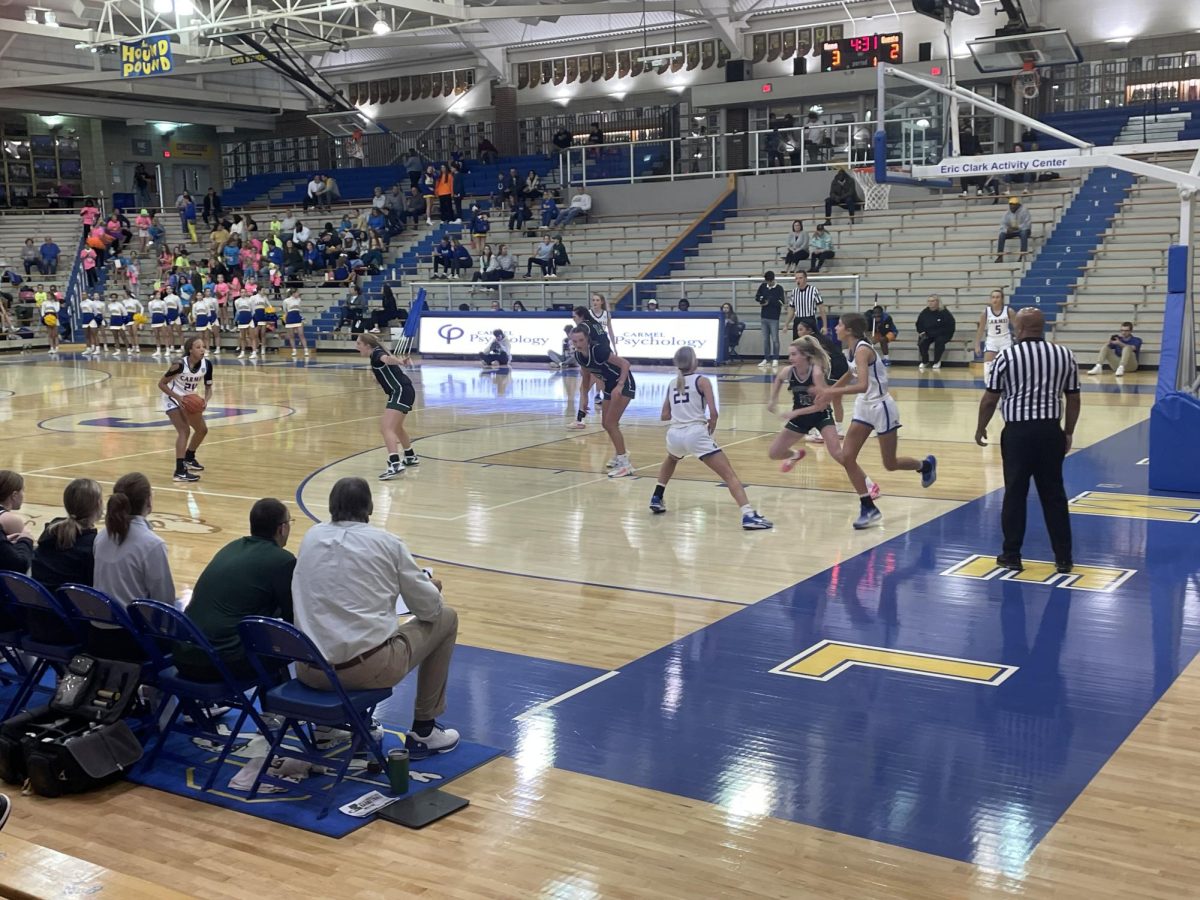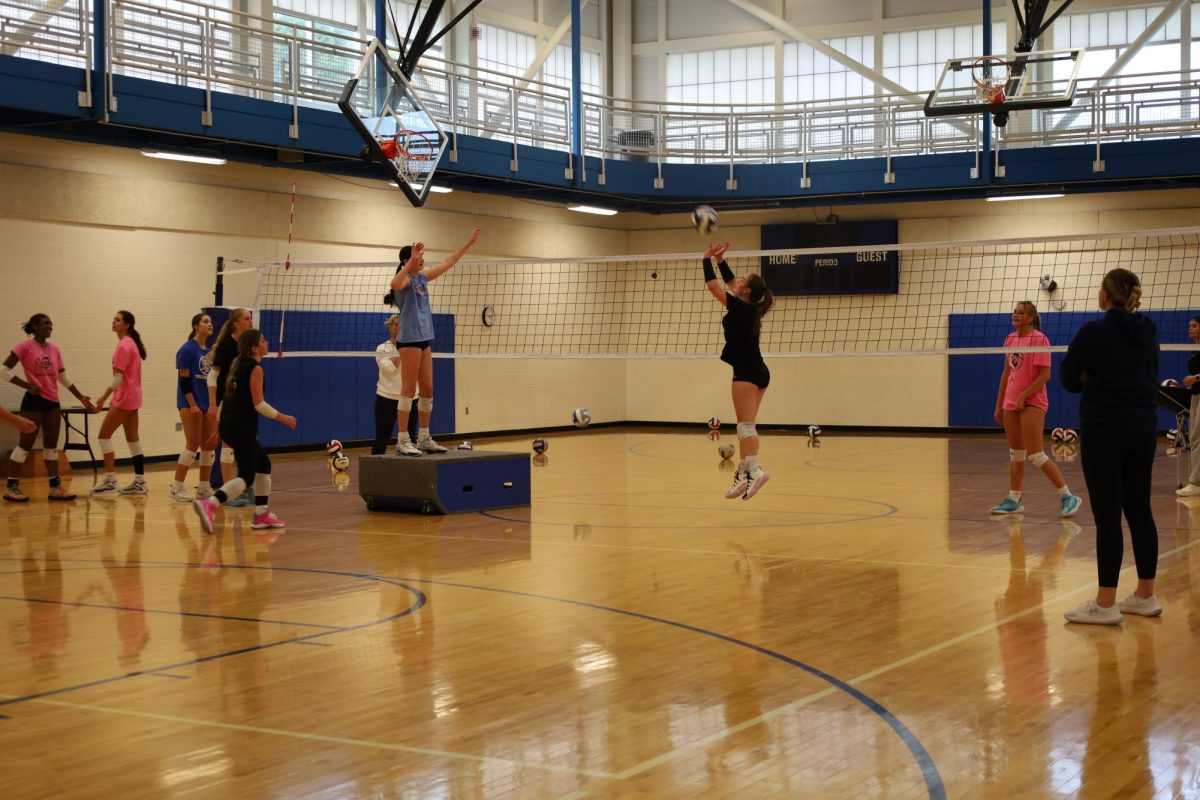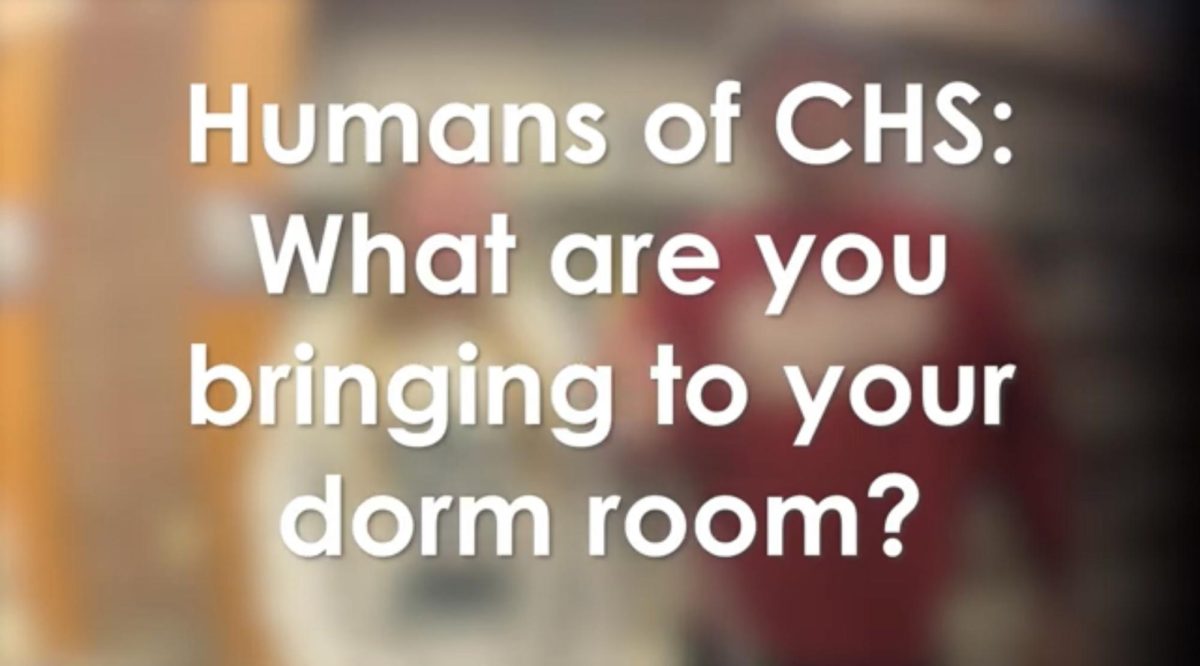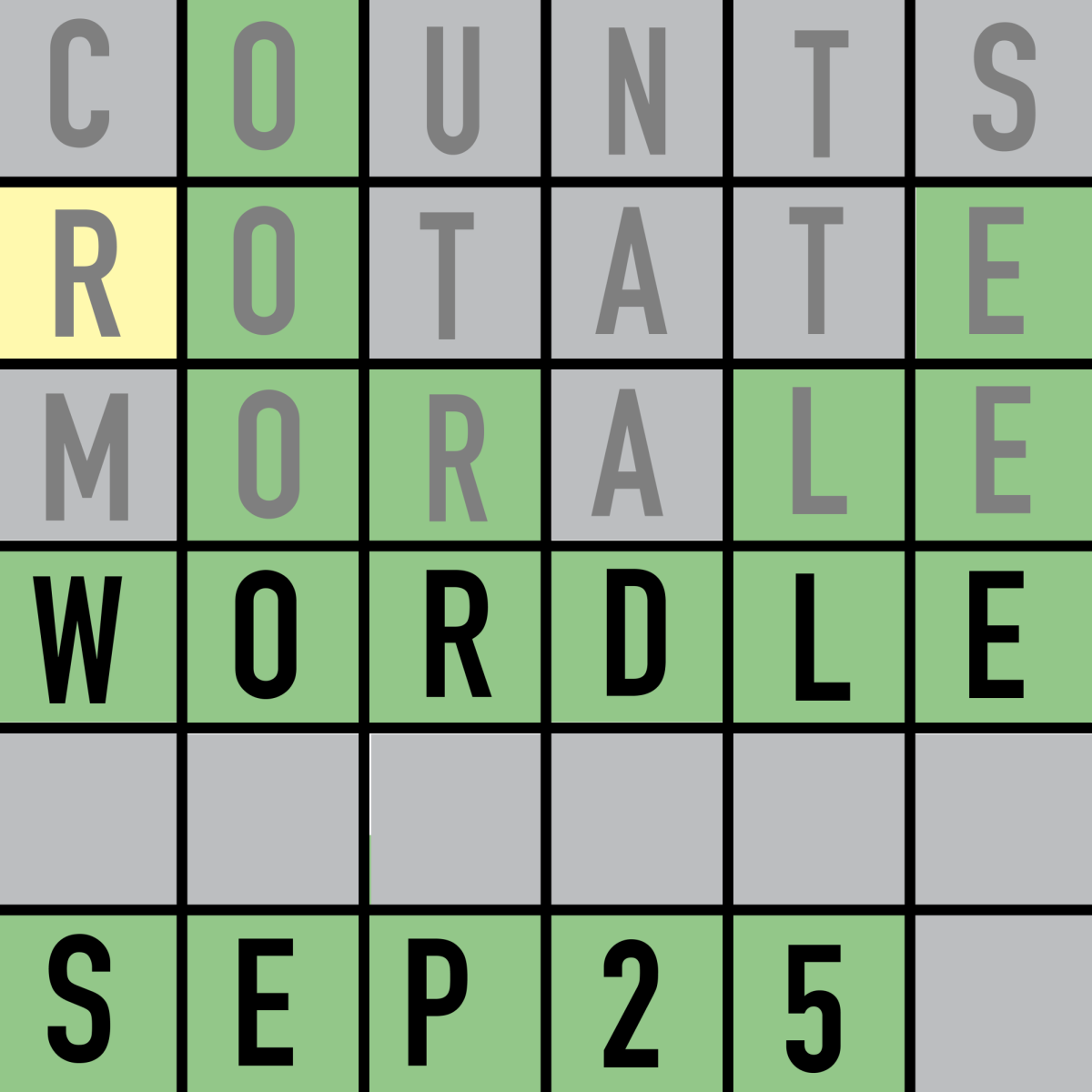By Michelle Hu and Rosemary Boeglin
<[email protected]>, <[email protected]>

UPDATED 9/11/2009
To see a slideshow of photos from the Aug. 24 school board meeting, click here.
As the CCEA and CCS District continue to fail to reach a settlement, Karen Taff, CCEA representative and U.S. History teacher speaks out against the treatment teachers receive in the district.
“We want to work with the administration. It’s better for our town, schools and community, yet we continue to be dealt with with disrespect,” Taff said.
Taff cited a fact-finding argument made by the board that increasing pay for teachers in a recession does not make economic sense. Specifically, the fact-finder noted that only 1 percent of teachers leave for another district that may pay higher salaries. So far, the district has offered to use $1.3 million to increase salaries (about 2 percent) after cutting $1.5 million from the budget. (Click here to see a video and Powerpoint on the fact-finding information.)
Already, the total cost for teachers salaries is $325,000 more than in other districts, pointed out by the fact-finder. Instead, the CCEA proposes almost a $2.9 million increase in pay.
Taff said, “Obviously we all had high hopes for the mediation session, but these hopes were dashed when the administration and school board made no new offer. We found this curious because they were the ones who called us back to the table. We were more than willing to negotiate in good faith, but just left confused and disappointed.”
—
UPDATED 9/4/2009
After the mediation on Sept. 3, both sides have yet to reach a settlement. The mediator noted that both sides were in too much disagreement to decide on a verdict.
—
Barbara Underwood, superintendent of Carmel Clay Schools, sent out a press release on Aug. 31 informing the public of the upcoming mediation between the teachers’ association (Carmel Clay Education Association) and the school board.
Karen Taff, co-chairperson of the CCEA negotiations team and U.S. History teacher here, said the function of the teachers’ union is to provide organizational support for the struggle to meet labor agreements. She added that Public Law #217 (which can be further investigated, along with other laws, at the ISTA Web site), created by the Indiana General Assembly, allows for public school employees to create such types of associations to allow for collective bargaining.
“It’s easier for everybody to negotiate one basic master agreement,” Taff said.
According to CCEA representatives, more than 200 teachers showed up at the school board meeting last Monday, Aug. 24, to show solidarity between the staff. They hoped for a contract that would “put teachers first.”
While Taff said she wasn’t able to speak to the specifics of the contract dispute, and thus mediation to take place Thursday, she said there are a multitude of fundamental issues that should be addressed.
“The continued erosion of our salaries in comparison to surrounding districts (is a major issue),” she said. “We provide one of the top performing schools in the state, but starting teachers’ salaries are ranked 93rd. Our position is that, over time, that has the potential to create some problems for us competitively.”
Last year, contract negotiations put strains on teachers, and as a result students said they noticed there was less time for them to meet with teachers individually. (Read the story here.)
Senior Sarah Alkhatib is one student who said she has noticed this trend.
“From freshman year to this year, I’ve noticed a different attitude amongst my teachers. That might just be because they know we’re older and probably need less guidance than we did when we were younger, but the student-to-teacher help is definitely not the way it used to be. Especially compared to middle school (the one-on-one help is less),” Alkhatib said.
Until the mediation, both sides have declined to comment specifically on the discussion to take place, although Taff made some economic analogies of the situation.
“Class sizes are through the roof and teachers are getting assigned six classes. Economies of scale make sense only up to a certain point. Trying to get a ‘bigger bang for your buck’ out of the teachers will result in diminishing marginal returns,” Taff said.
Taff said the overloaded classes combined with less prep time results in fewer writing assignments and a less encompassing learning experience.
“After all,” she said, “is this a high school or is this a warehouse? It’s not just CHS, but the whole district.”































![Chilling or Childish? The downfall of modern horror movies [opinion]](https://hilite.org/wp-content/uploads/2024/10/adjusted-horror-cover-1200x471.jpg)
![“Uglies” is a call for change in the YA dystopian genre [opinion]](https://hilite.org/wp-content/uploads/2024/10/Perspectives-Cover-1200x471.jpg)

![Streaming services are pioneering the future of television [opinion]](https://hilite.org/wp-content/uploads/2024/09/CAtherine-streaming-1200x471.jpg)












































![Review: “Saturday Night” is a chaotic and thrilling look at the origins of “Saturday Night Live” [MUSE]](https://hilite.org/wp-content/uploads/2024/10/snl-1200x800.jpg)
![Review: “Megalopolis” is a bold, bewildering mess [MUSE]](https://hilite.org/wp-content/uploads/2024/10/MV5BYTk3MjUzMGItYmU1NC00M2YyLThmNDMtNDI4NjkxNjgzMjQzXkEyXkFqcGdeQXRyYW5zY29kZS13b3JrZmxvdw@@._V1_-1200x675.jpg)
![Review: Judy Moody encourages viewers to make the best out of their summer [MUSE]](https://hilite.org/wp-content/uploads/2024/10/MV5BMjA4NDc0NzI5OV5BMl5BanBnXkFtZTcwMjc0MDA4NA@@._V1_-810x1200.jpg)
![Review in Print: Maripaz Villar brings a delightfully unique style to the world of WEBTOON [MUSE]](https://hilite.org/wp-content/uploads/2023/12/maripazcover-1200x960.jpg)
![Review: “The Sword of Kaigen” is a masterpiece [MUSE]](https://hilite.org/wp-content/uploads/2023/11/Screenshot-2023-11-26-201051.png)
![Review: Gateron Oil Kings, great linear switches, okay price [MUSE]](https://hilite.org/wp-content/uploads/2023/11/Screenshot-2023-11-26-200553.png)
![Review: “A Haunting in Venice” is a significant improvement from other Agatha Christie adaptations [MUSE]](https://hilite.org/wp-content/uploads/2023/11/e7ee2938a6d422669771bce6d8088521.jpg)
![Review: A Thanksgiving story from elementary school, still just as interesting [MUSE]](https://hilite.org/wp-content/uploads/2023/11/Screenshot-2023-11-26-195514-987x1200.png)
![Review: "When I Fly Towards You", cute, uplifting youth drama [MUSE]](https://hilite.org/wp-content/uploads/2023/09/When-I-Fly-Towards-You-Chinese-drama.png)
![Postcards from Muse: Hawaii Travel Diary [MUSE]](https://hilite.org/wp-content/uploads/2023/09/My-project-1-1200x1200.jpg)
![Review: "Ladybug & Cat Noir: The Movie," departure from original show [MUSE]](https://hilite.org/wp-content/uploads/2023/09/Ladybug__Cat_Noir_-_The_Movie_poster.jpg)
![Review in Print: "Hidden Love" is the cute, uplifting drama everyone needs [MUSE]](https://hilite.org/wp-content/uploads/2023/09/hiddenlovecover-e1693597208225-1030x1200.png)
![Review in Print: "Heartstopper" is the heartwarming queer romance we all need [MUSE]](https://hilite.org/wp-content/uploads/2023/08/museheartstoppercover-1200x654.png)




